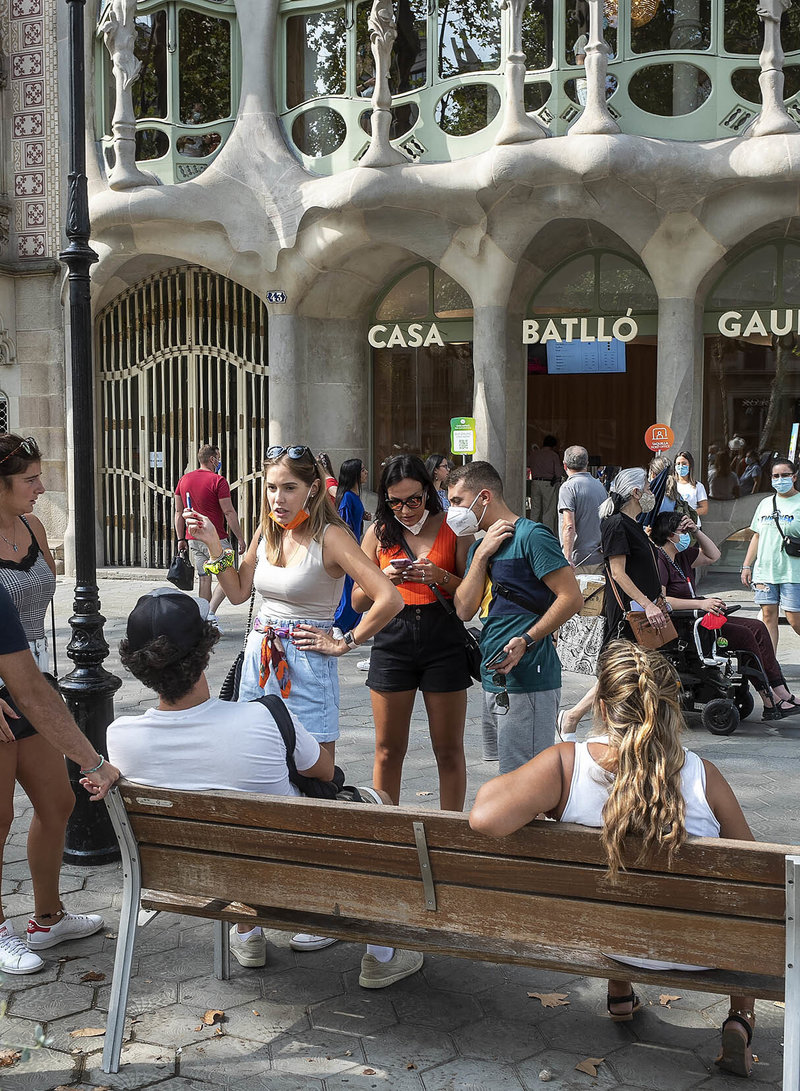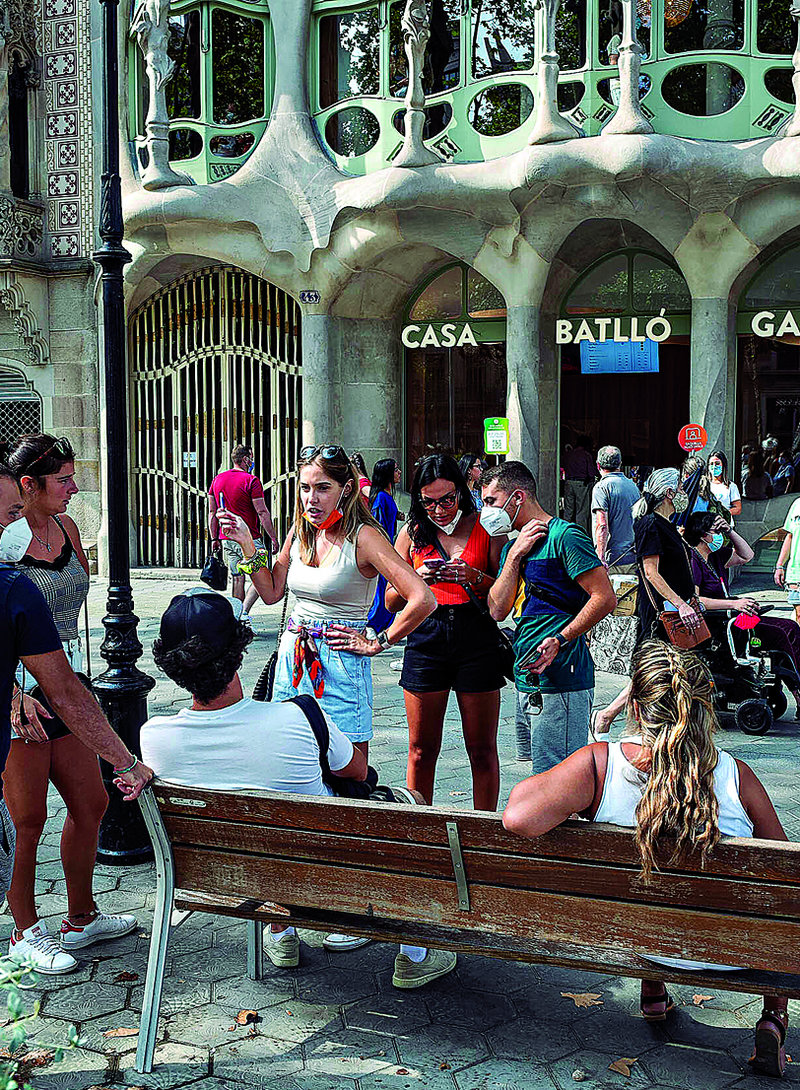THE CULTURAL TIGHTROPE
A CITY OF TWO FACES
the article is well worth a read, whichever side of the political divide you are on THE OTHER IS THE BARCELONA OF ITS RESIDENTS, WHO TELL HIM IT IS A ‘DISASTER’
One Barney Jopson posted an article called “How Barcelona lost its way” in the Financial Times last month. Now I should clarify a thing or two before proceeding: Barney Jopson is not my nom de plume, I was as surprised as anyone to know there was another Barney in Barcelona. But then after reading the article, I realised that Mr Jopson is in fact based in Madrid, as most foreign correspondents who write about Barcelona, and Catalonia, are. That is not to say that Mr Jopson’s article was not based on local knowledge; as you would expect from an FT journalist, his sources were many and varied, as well as, I should say, as unbiased as you can probably get. So kudos to him.
The other point I should make is that the Seat CEO Wayne Griffiths mentioned at various points throughout the article is no relation, although curiously, and I doubt Mr Griffiths remembers this, our paths did cross at Audi in the late 1980s when I was doing an internship and he was just starting out on the journey that would take him to become head of Seat in Spain. As two of the only Englishmen in Ingolstadt – where Audi’s Bavarian headquarters are located - at the time, we did share a beer and a youthful conversation or two, though again, I doubt he recalls that some 30 plus years later.
Wistful reminiscing aside, I mention the article here because it is well worth a read, whichever side of the political divide you are on. It clearly outlines the effects on Barcelona that business leaders, whether local, Spanish or international such as Mr Griffiths, believe to be a result of the political wranglings Catalonia has been subject to in recent years. Perhaps one of the main takeaways for me as a resident was the quote from former mayor Xavier Trias, that “there are two Barcelonas. Foreign tourists who come for the weekend experience one of them: ‘They visit, they’re delighted and they leave.’ The other is the city of its residents, who tell him it is a ‘disaster’.”
There are also plenty of opinions on current mayor Ada Colau, including the following: “Trying to pinpoint the cause of the city’s ills, business people identify several things they say the separatist movement has in common with Colau, who is not pro-independence: a populist misdiagnosis of the causes of economic discontent; a lack of co-operation across political divides; and an introversion that results in leaders turning their backs on the world.”
Regular readers will have spotted a word that I have mentioned often in this column over the years and one that immediately resonated with me upon reading the article: introversion. It is a criticism one hears again and again in relation to my adopted country. And although it is one that I have constantly and patiently attempted to explain to other foreigners, guiris, ex-pats, call them what you will, as being a result of a people whose culture, language and history have long been subjected to repression, the sad fact of the matter is that until that introversion is transformed into a willingness to more openly allow people from other cultures into their inner circles, then the criticism, and with it the conflict and diminishing investment, is likely to continue.





